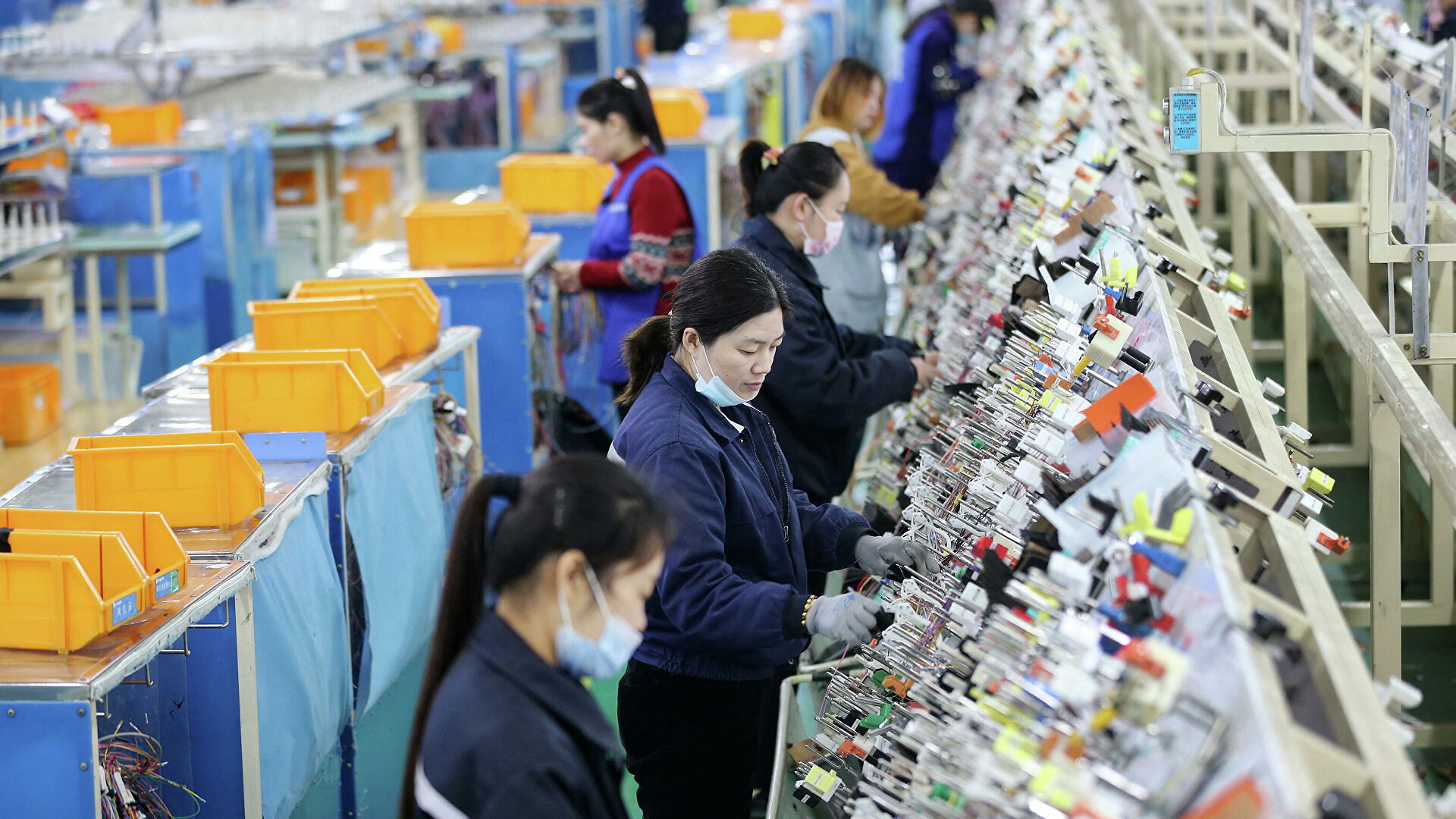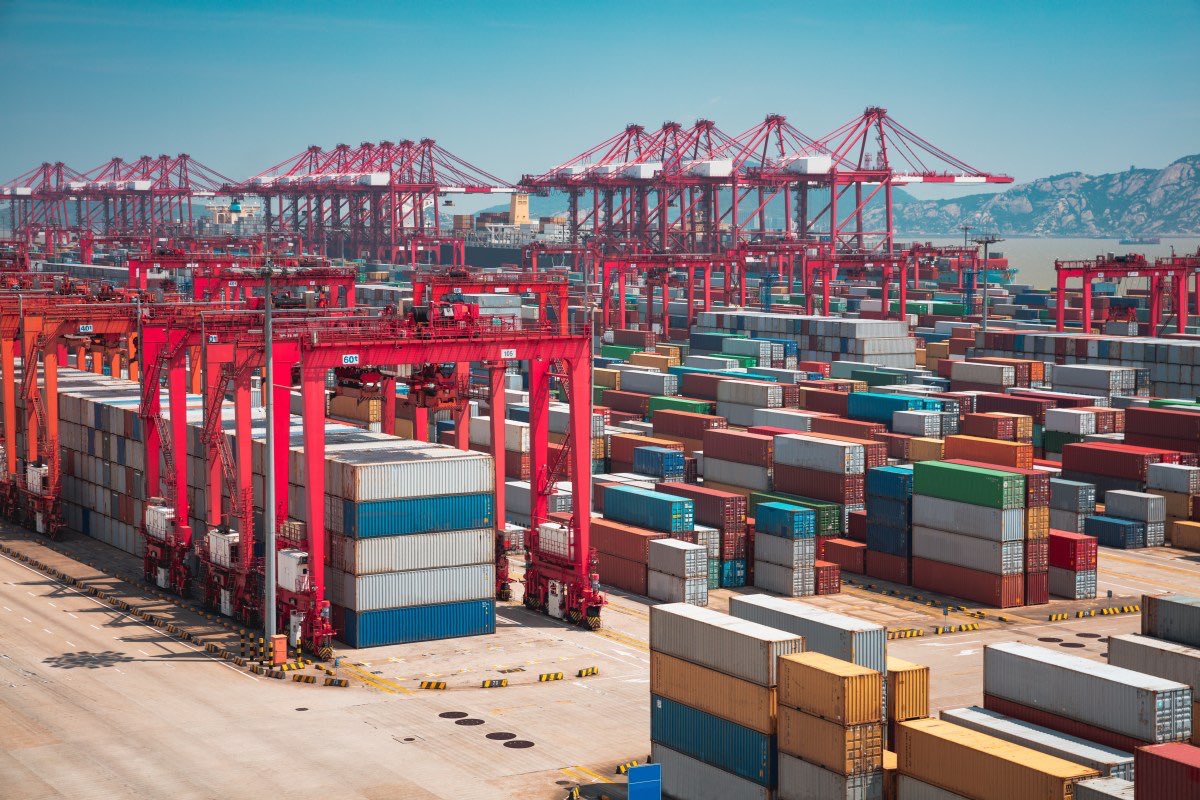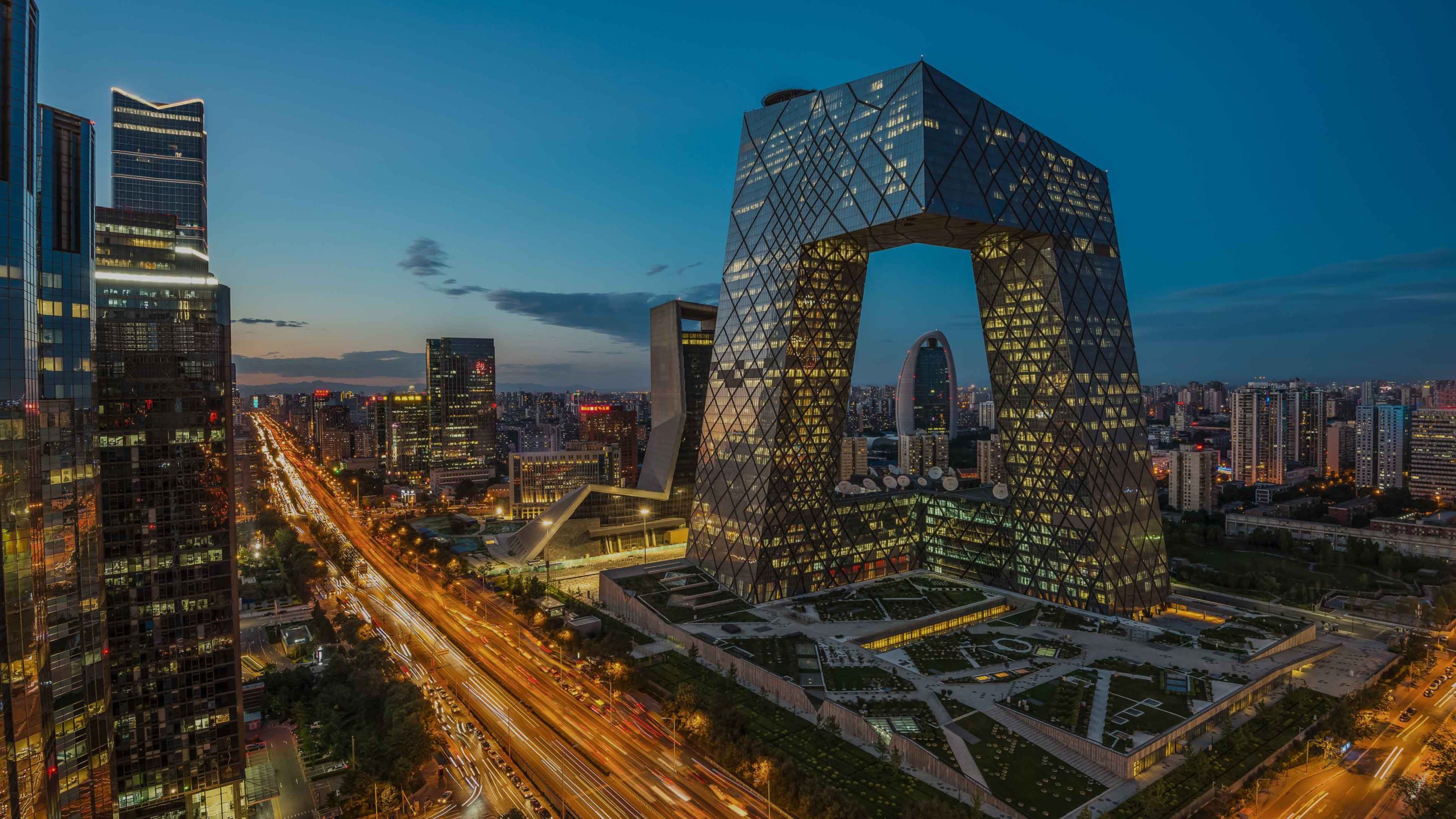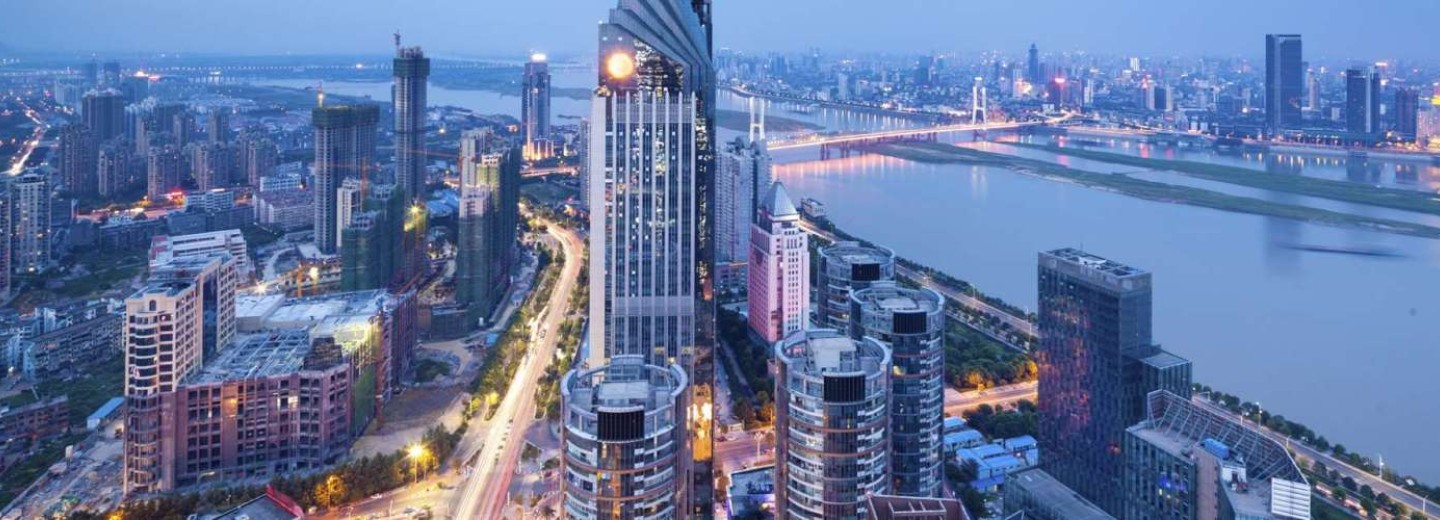China news 2nd August 2021
It’s all economic news this week. Our first article is a cautious report from Nomura, writing in Ithink.com about the state of the Chinese economy.
The economic data for the first half of the year have not yet been released. Economic policy in the second half of the year may still be in the pipeline. However, it is worth noting that the recently released economic data show that the pace of China’s economic recovery shows signs of slowing down. If this phenomenon further develops into a trend, the market may need to prepare for the Chinese slowdown in the second half of the year.
What are the signals?
First of all, domestic consumption in the first half of the year is still not strong enough. In May this year, the total retail sales of consumer goods was 3594.5 billion yuan, an increase of 12.4% year-on-year; compared with May 2019, with an average two-year growth rate of 4.5%. From January to May, the total retail sales of consumer goods were 17431.9 billion yuan, an increase of 25.7% year-on-year, with an average growth rate of 4.3% in two years.

Judging from the data, the recovery of consumption is still not ideal. After excluding the low base effect, the average growth rate of merchandise retail in May and January to May was less than 5% over two years. It shows that the recovery of consumption is still weak. Some analysts expect that after the rebound of the May Day holiday in April and May, the rebound of domestic consumption will be relatively small in the future, and consumption will naturally decline.
Secondly, exports from China’s economic recovery began in the second half of 2020, and there may be a relatively significant slowdown in the second half of this year. From January to May this year, the total import and export of goods increased by 28.2% year-on-year. Among them, exports increased by 30.1% year-on-year and imports increased by 25.9% year-on-year. The import and export data of goods in the first five months were good, showing that the recovery of the external economy has driven China’s import and export growth. But can export growth maintain a high rate in the second half of the year?
Lu Ting, chief economist of Nomura Securities in China, said that he could not rule out that exports showed slight negative year-on-year growth in the fourth quarter. The reason is that the demand for epidemic prevention materials and home-based work and living products that have previously driven the rapid export growth will decline significantly. Countries have made great progress in epidemic prevention. Also, the materials needed for home-work and life, including computers, bicycles, fitness equipment, etc., are durable consumer goods, and the demand will decline in the next two or three years.

In addition, the appreciation of the RMB and the rise in the price of raw materials have also squeezed corporate profits and reduced their export willingness. The new export order index in the Manufacturing Purchasing Managers Index (PMI) has shown that future exports will face downward pressure. It is not the exchange rate that hinders China’s exports, but the high freight rate, including maritime freight and China-EU special trains, which are currently very expensive.
Third, China’s prices have not risen, indicating that the domestic economy is still underactive. On July 9, the National Bureau of Statistics released the national CPI (resident consumer price index) and PPI (industrial producer ex-factory price index) data for June 2021, which showed that the CPI rose by 1.1% year-on-year and the PPI rose 8.8% year-on-year, both down 0.2 percentage points from the previous month.
Fourth, strict real estate regulation will have a negative impact on real estate investment and land market. It is worth noting that unlike previous cycles, in response to the impact of the epidemic, the central government did not relax the regulation of real estate, but tightened regulation at the beginning of the recovery, introducing measures such as “three red lines”. Nomura Securities Lu Ting expects that in the second half of 2021 and 2022, there may be a downward situation in the real estate industry and dragging down the economy. Judging from the leading indicators, the area of land sales has decreased significantly compared with two years ago.
Fifth, the decision-making level is more cautious in judging the economic situation. At the meeting of the Political Bureau of the Central Committee in April this year, it was mentioned that “the domestic economy has recovered unevenly and insufficiently”. This is is still being mentioned. Bank of China decided on July 9 to reduce the deposit reserve ratio of financial institutions by 0.5 percentage points (excluding financial institutions that have implemented the 5% deposit reserve ratio) on July 15, 2021. This reduction will release long-term funds. Against the backdrop of widespread domestic concerns about rising inflation, the central bank’s decisive reduction of the standard reveals that the decision-makers who have more economic information are already intervening in advance with the possibility of slowing down economic growth in the second half of the year.
Conclusion
Overall, from the low base of the same period last year, the sharp economic rebound in the first half of this year may be coming to an end. The Chinese economic signals shown by multiple economic data are not strong. With the disappearance of the low-base effect in the second half of the year, China’s economic growth rate may slow down significantly in the second half of this year. The economy still needs to be stable throughout the year, and the corresponding fiscal and monetary policies still need to remain stable and loose.
Source: 1think.com.cn.
Our second and last piece today comes from Great Bay Insight, a think-tank and commentator on the Greater Bay Area of China. The writer refers to the clampdown by Beijing on certain companies that caused major stock market falls in many countries.
Much as Chinese regulators and Citigroup might prefer to sweep the past week’s events under the rug, there is no avoiding the sense that a Rubicon has been crossed in China’s relations with foreign investors. Months from now, analysts will likely look back and circle an inflection point on their charts while academics will be engaged in endless debates over how far Chinese policy on the use of capital has shifted. It might take a bit longer for historians, but they will surely soon start drafting treatises about the moment Xi Jinping redefined ‘Socialism with Chinese Characteristics.’
From the Chinese perspective, the government says it took steps to rein in the excesses of capital participation across a number of industries. These steps ranged from a clarification of anti-monopoly regulation in some, to the banning of profitability in others.
The reaction of the country’s stock market regulator to the subsequent selloff by foreign investors suggested the Party might not have properly considered the consequences of its actions. A meeting between the deputy head of the China Securities Regulatory Commission (CSRC) and some captains of foreign finance was arranged to soothe nerves; state media jumped into the fray by identifying a great buying opportunity; and the National Team pumped money into the markets to walk its talk.

From the foreign perspective, traders say they were truly shocked to discover that areas of the Chinese economy, where they had assumed their capital was welcome, were no longer so. Goldman Sachs says many clients started brandishing words like “uninvestable”. What they heard was obviously different from what the State Administration for Market Regulation thought it had said. To these foreigners, the banning of profits in an industry was tantamount to the ending of capital participation in that industry. More than a few found this unfathomable and extrapolated its impact.
Understanding the Party Line
It seems that, in order to invest securely in China, foreign investors need to understand the government’s priorities, and carefully avoid companies that fall into any of seven broad categories. Edited for clarity and length from the original Chinese, these are:
- Those that think they are too big to fail, and therefore disregard regulatory authority;
- Those whose operations flout the government’s concerns for national security;
- Those engaged in specific industries that are important to people’s livelihood, such as education and training, which require “special logic” in supervision;
- Those that threaten the development of small and medium enterprises, on whose side the government will always be;
- Those that do not prioritize workers but instead place management concerns above all;
- Those involved in the promotion and dissemination of ideology and cultural norms; and
- Those that do not care about traditional morality or values.
Foreign investors must accept as Party gospel that:
This is actually the party rewriting and propagating its own values. This value is consistent, not a new invention, but its original intention and mission. Now that China has reached this stage, and everything is relatively mature, the CCP must re-state and return to this original intention. Enterprises, society, and the market must be able to see this.
Those captains of the financial industry who were called into a Zoom meeting with the CSRC’s Fang Xinghai on Wednesday might have had it explained to them in a similar way. Fang probably used an abridged ppt version of ‘Xi Jinping Thought’ to convey why foreigners alarmed by recent regulatory changes are mistaken to think China no longer welcomes their capital.
The author believes that this pursuit of protecting vulnerable groups is no different from left-wing party politics in the West, including left-wing politics in continental Europe, and left-wing politics in the United States (especially progressive politics). What the Chinese Party wants is also what the Western Leftist Party wants.
Or perhaps Fang Xinghai noticed that Citigroup took the opportunity of the three-day selloff to increase its stake in Hong Kong Exchanges and Clearing (0388.hk) above a disclosable 5%. This is a foreign investor that has clearly decided to focus on the smoke signals coming out of one capital city while ignoring those from another, assuming that Chinese IPOs are going to continue to pour into Hong Kong and away from New York without the SEC caring.
From Washington’s perspective, it seems easy to perceive that business as usual is over in China. This matters. Restrictions on American investment into Chinese companies, or corporate and sovereign bonds, just became a lot likelier.
Source: greaterbayinsight.com.
Worked on the article:

Wanlikhang





